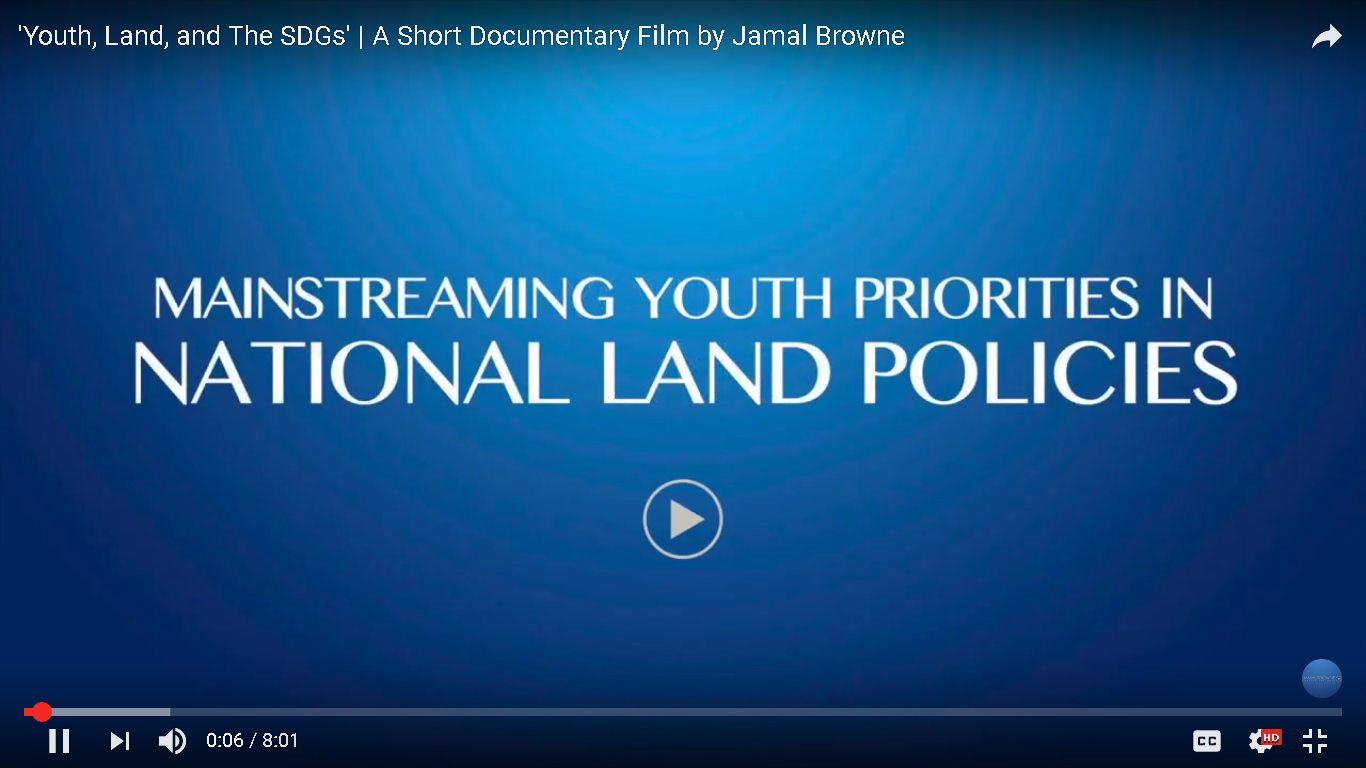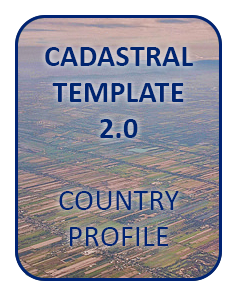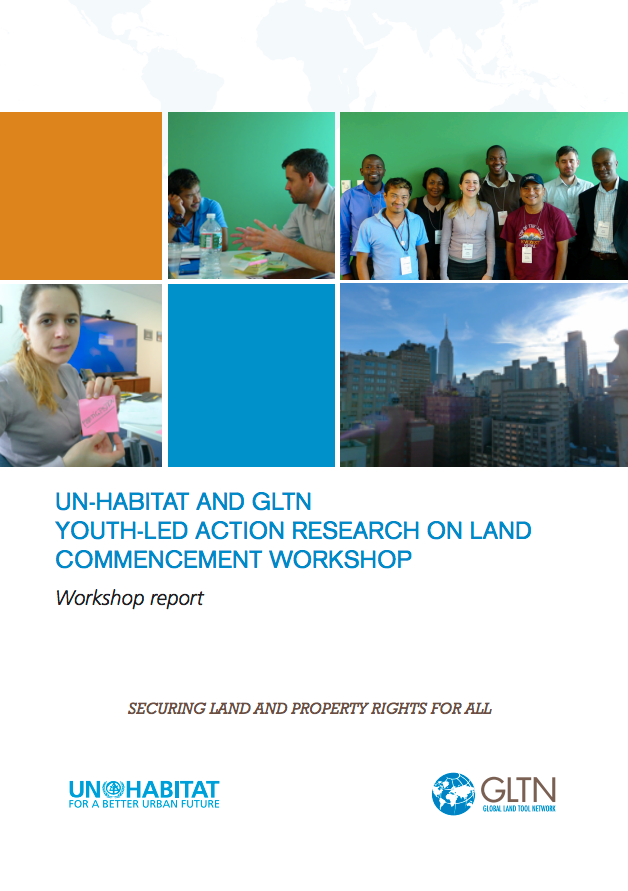Accès à l’espace rural et administration des terres après des conflits violents
Le présent guide intitulé « Accès à l’espace rural et administration des terres après des conflits violents » a été élaboré pour aider les spécialistes concernés à remettre sur pied les régimes fonciers et l’administration foncière dans les pays émergeant de conflits violents. Il est particulièrement difficile, dans de telles situations, d’assurer un accès sans danger à la terre. Les conflits violents entraînent généralement le déplacement d’une grande partie de la population. À l’issue du conflit, certains de ceux qui regagnent leur foyer trouvent leur bien occupé par d’autres.




